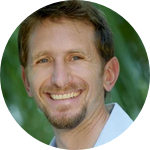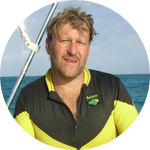About This Project
Kenyan coral reef sustainability is threatened today by, among other things, unintended overfishing. One proven simple, low cost solution is to introduce escape gaps into fish trapping gear. This will reduce overfishing, influence ecosystem health, and improve fisherman livelihood. This project helps to scale important work with Kenyan fishing communities to promote the use of escape gaps, and evaluate their impact when used alongside different localized fish trapping gear.
Ask the Scientists
Join The DiscussionWhat is the context of this research?
Millions of people in the developing world depend on coral reefs and the fish that live on them for their primary source of protein and income.
The majority of reef fish captured globally are caught in fish traps. Although high-value fish are targeted, such as groupers and snappers, any fish that enter but cannot escape through the mesh are retained. This results in high bycatch (unintended fish that are caught) of juveniles, ornamental species, and ecologically important herbivores, often leading to overexploitation. (See this paper)
Our project aims to explore low cost solutions to address the bycatch problem that will be beneficial to the coral reef ecosystem and fisherman. We will experiment with adding escape gaps, specifically gated traps to traditional fish catching gear (i.e. traps and gill nets).
What is the significance of this project?
Fish trap escape gaps represent a rare win-win opportunity for fishers and coral reef conservation. Studies in Curaçao and Kenya demonstrate that fish traps retrofitted with vertical, rectangular gaps allow escape of narrow-bodied and juvenile fish (not targeted for food), reducing bycatch up to 80% without reducing catch value.
Reduced bycatch of juveniles means larger fish are available to fishers in the future. Escape gaps can help maintain and improve livelihoods and diets, while improving ecosystem health and biodiversity.
Your funding will enable us to replicate and scale up our work with fishing communities to promote the incorporation of escape gaps into their fisheries management and evaluate the effect on the catch by other gear types.
What are the goals of the project?
Our goal is to promote the resilience of coral reefs while creating community-wide benefits that increase and stabilize fishers' incomes.
This project will determine the feasibility to implement widespread use of gated traps in Kenya. As fishers switch to using gated traps in targeted areas, the fishing communities potentially benefit through increased income and improvements to the long-term health of their fishery resources.
We will simultaneously study the catch of other gear where the gated traps are implemented to determine the consequences of the change in one gear on another.
The results of this work will be presented to all fishing communities and is expected to form a basis for promoting a number of changes that will lead to sustainable fisheries in Kenyan reefs.
Budget
The main costs are those of travel to landing sites and making measurements of catch by the various gear types over a period of one year.
We plan to work in about 10 landing sites distributed over 100 km of coastline and make measurements at monthly intervals.
In addition, there will be meetings held with communities that are to participate in the research and be informed of the results. Finally, there are costs associated with data entry and analyses.
Endorsed by
Meet the Team
Team Bio
Tim McClanahan is a coral reef ecosystem ecologist with research interests spanning the fields of marine protected areas, food webs, nutrients, fisheries, climate change, resilience, and the linkages between coral reef ecosystems and the humans who depend on them. He has spent most of his professional life living and working in Kenya, and for the last 20 years has worked as a Senior Conservation Zoologist for the Wildlife Conservation Society, based in Mombasa, on the east African coast. His work has focused on providing solutions to human-coral reef fisheries interaction in poor developing countries.
Cavine Omondi is an Assistant Researcher at Wildlife Conservation Society, Marine program-Mombasa, Kenya. Received Bachelor's degree from Department of Fisheries and Aquatic Sciences, University of Eldoret (Former Moi University, Chepkoilel campus). He is interested in sustainable fishing method, which began when he was an intern at Wildlife Conservation Society. He was involved in monitoring fish catch landings in Kenya and this led to wanting to help fix the local fisheries problems while improving the livelihoods of poor fishermen without compromising ecological integrity of marine resources.
Tim McClanahan
Tim McClanahan is a coral reef ecosystem ecologist with research interests spanning the fields of marine protected areas, food webs, nutrients, fisheries, climate change, resilience, and the linkages between coral reef ecosystems and the humans who depend on them. He has spent most of his professional life living and working in Kenya, and for
the last 20 years has worked as a Senior Conservation Zoologist for the
Wildlife Conservation Society, based in Mombasa, on the east African coast. His work has focused on providing solutions to human-coral reef fisheries interaction in poor developing countries.
Additional Information
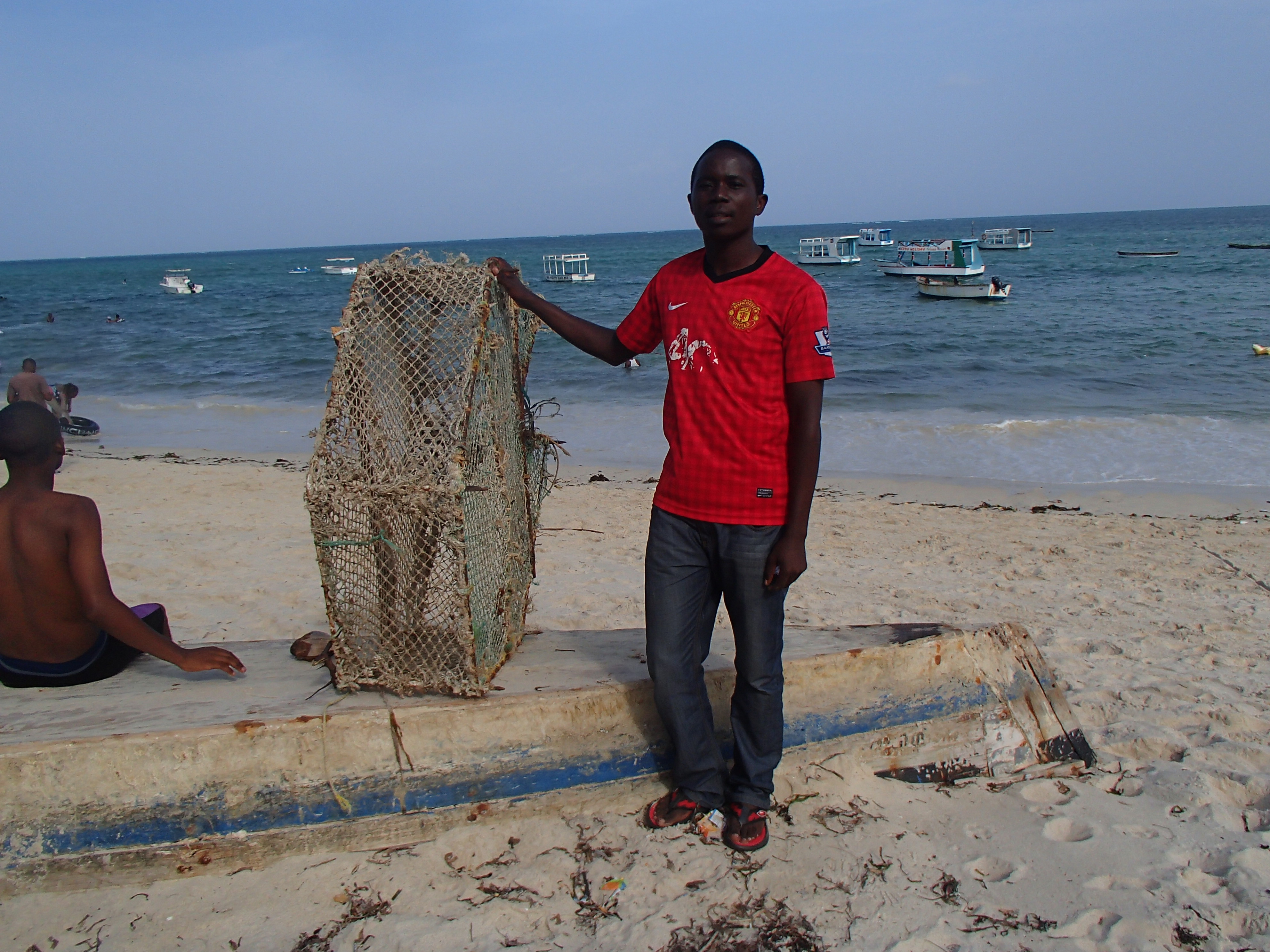
Cavine, Assistant Researcher for WCS's Marine Program in Mombasa, Kenya
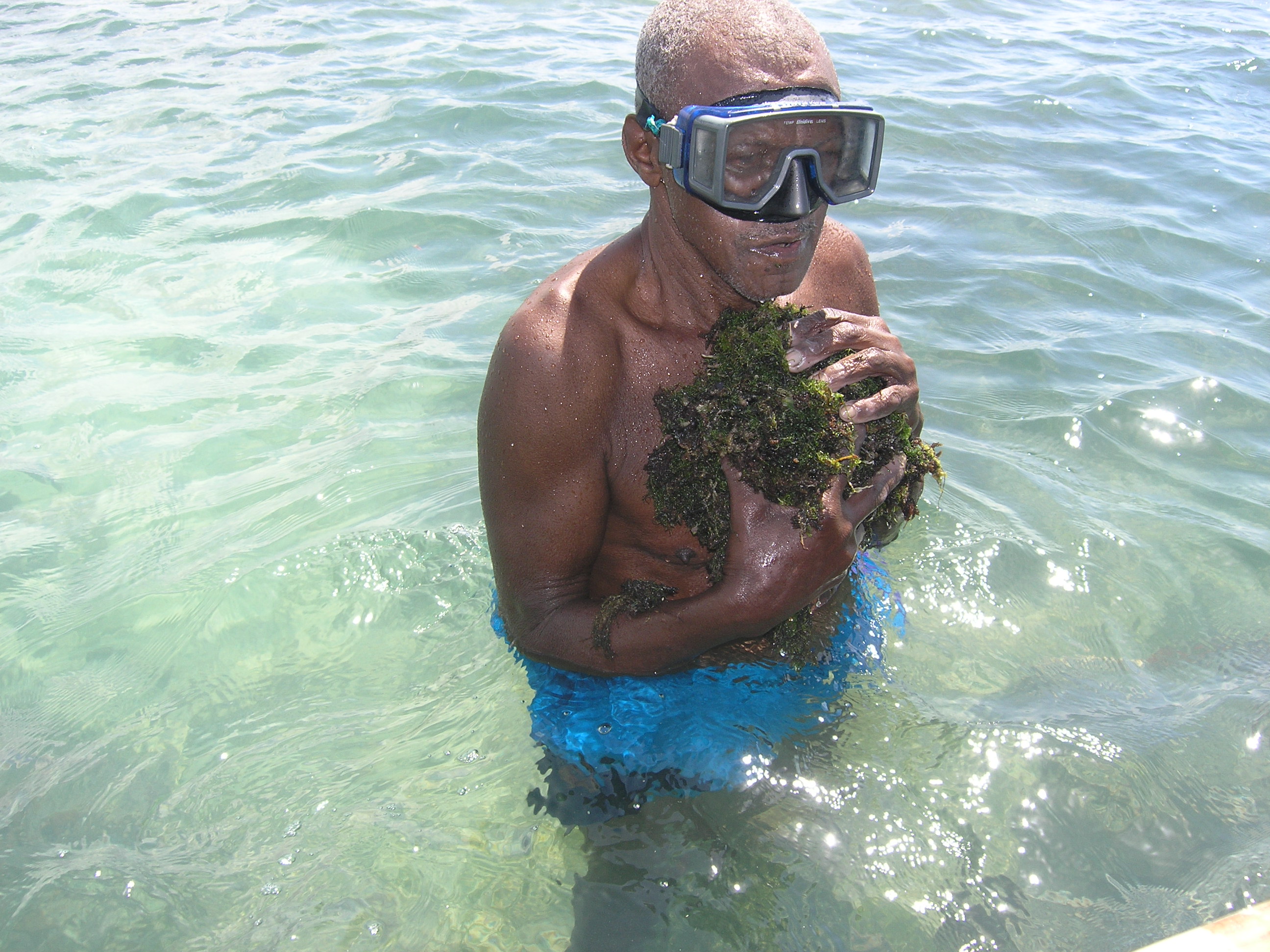
Gathering bait to put in the fish trap
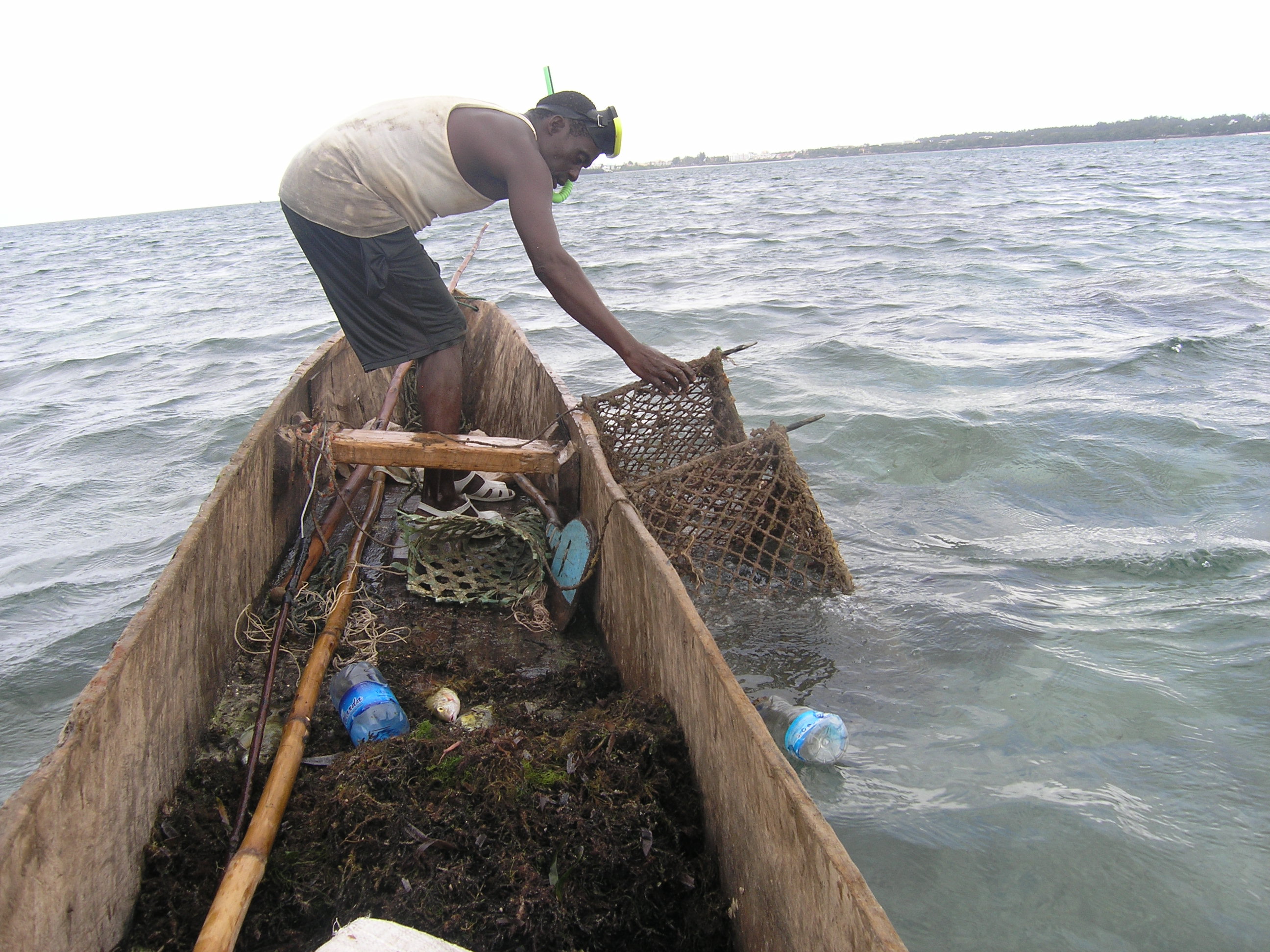
Lowering the fish trap into the water
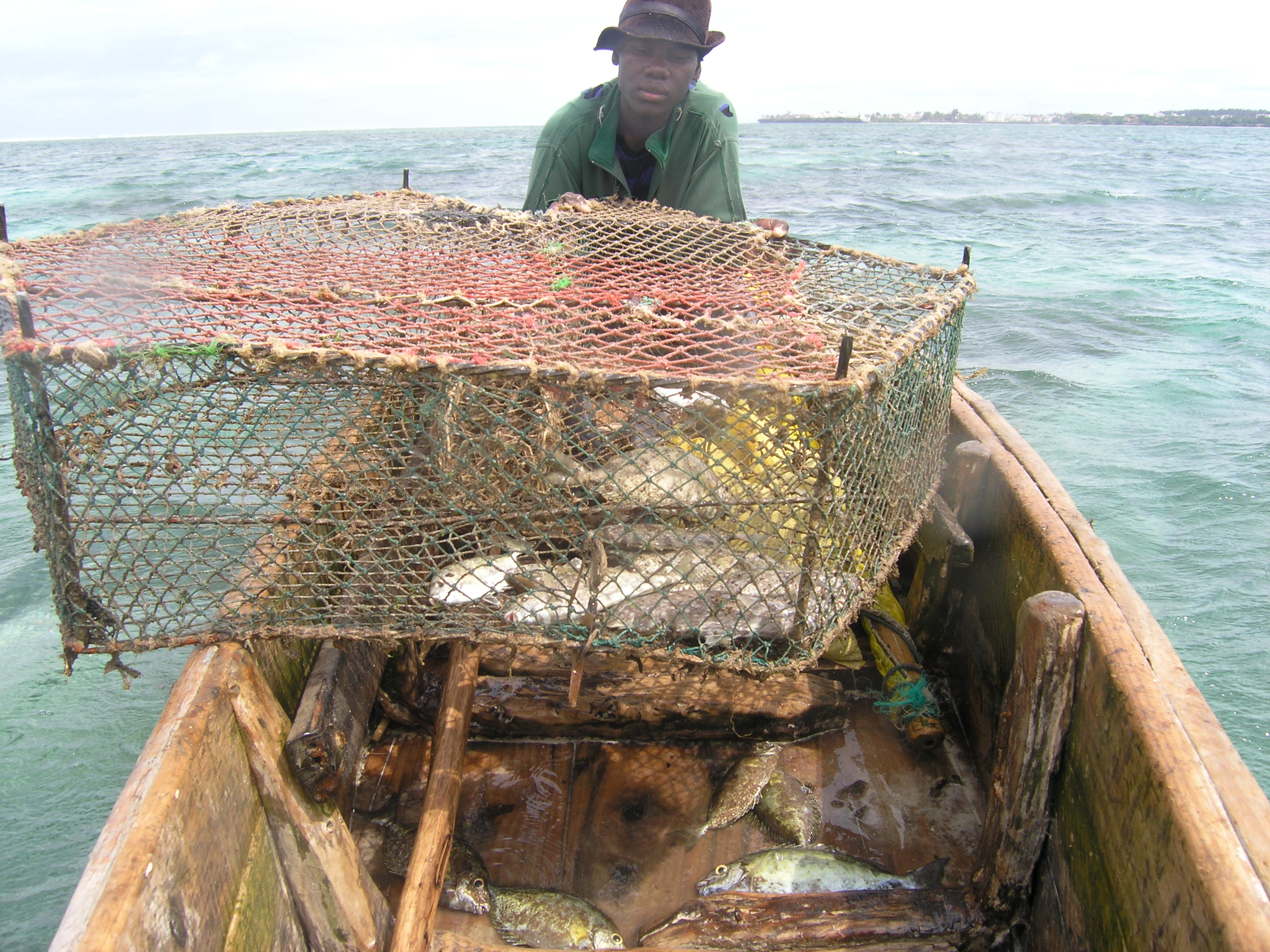
A fisherman and a fish trap after several fish were caught
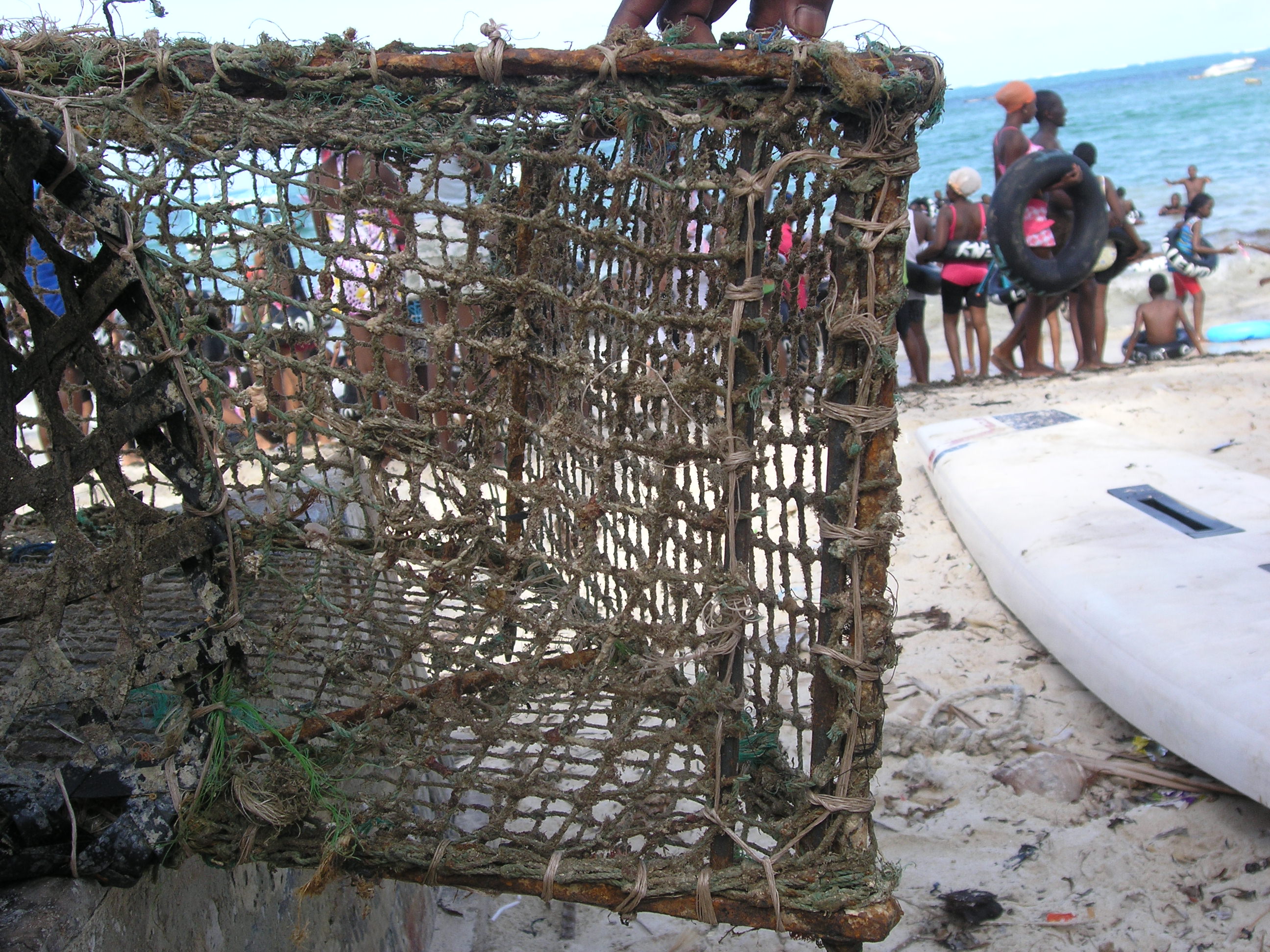
View of the escape gap in the fish trap through which bycatch can escape
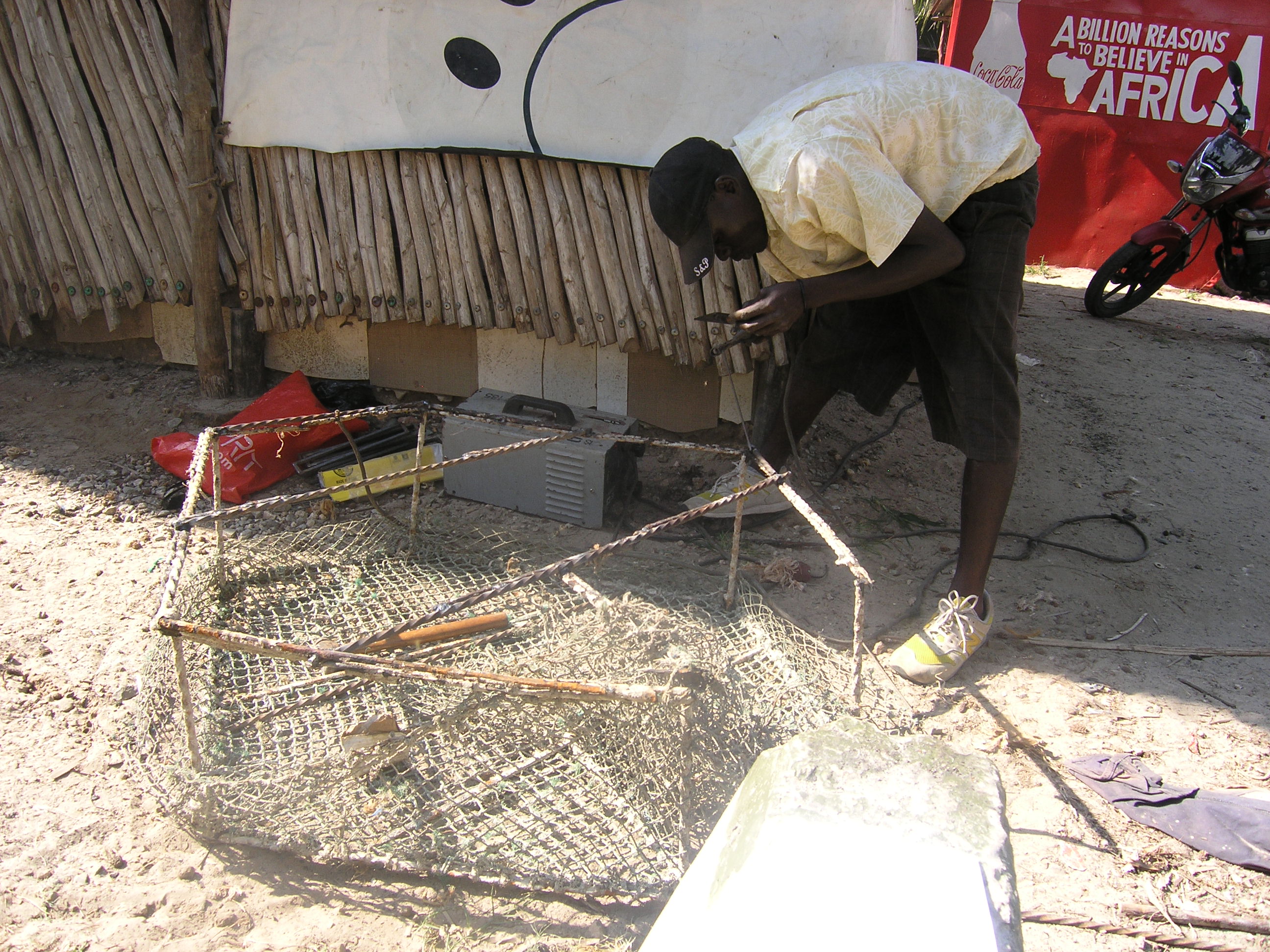
A fish trap being repaired
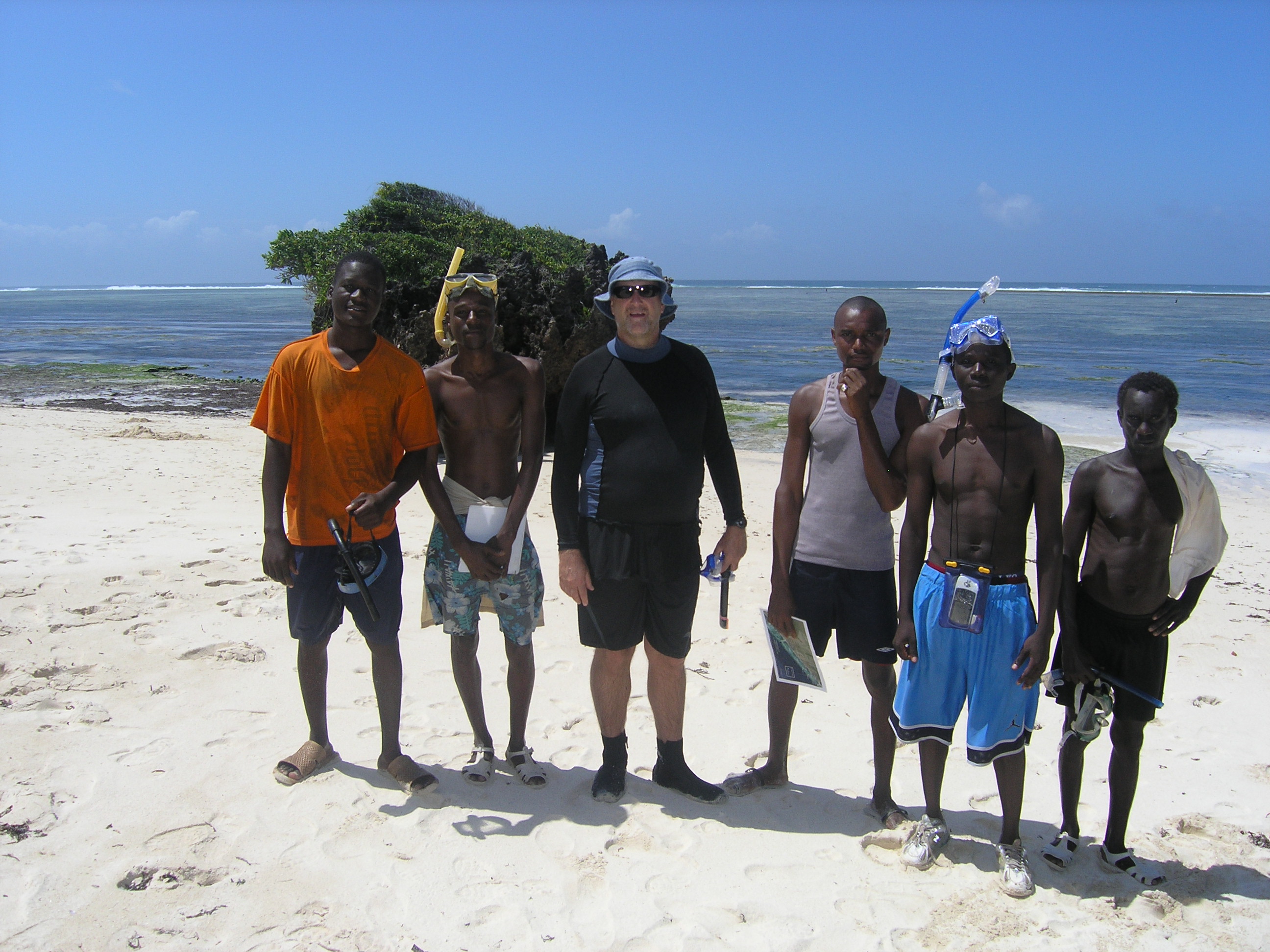
Tim and several fishermen in Kenya
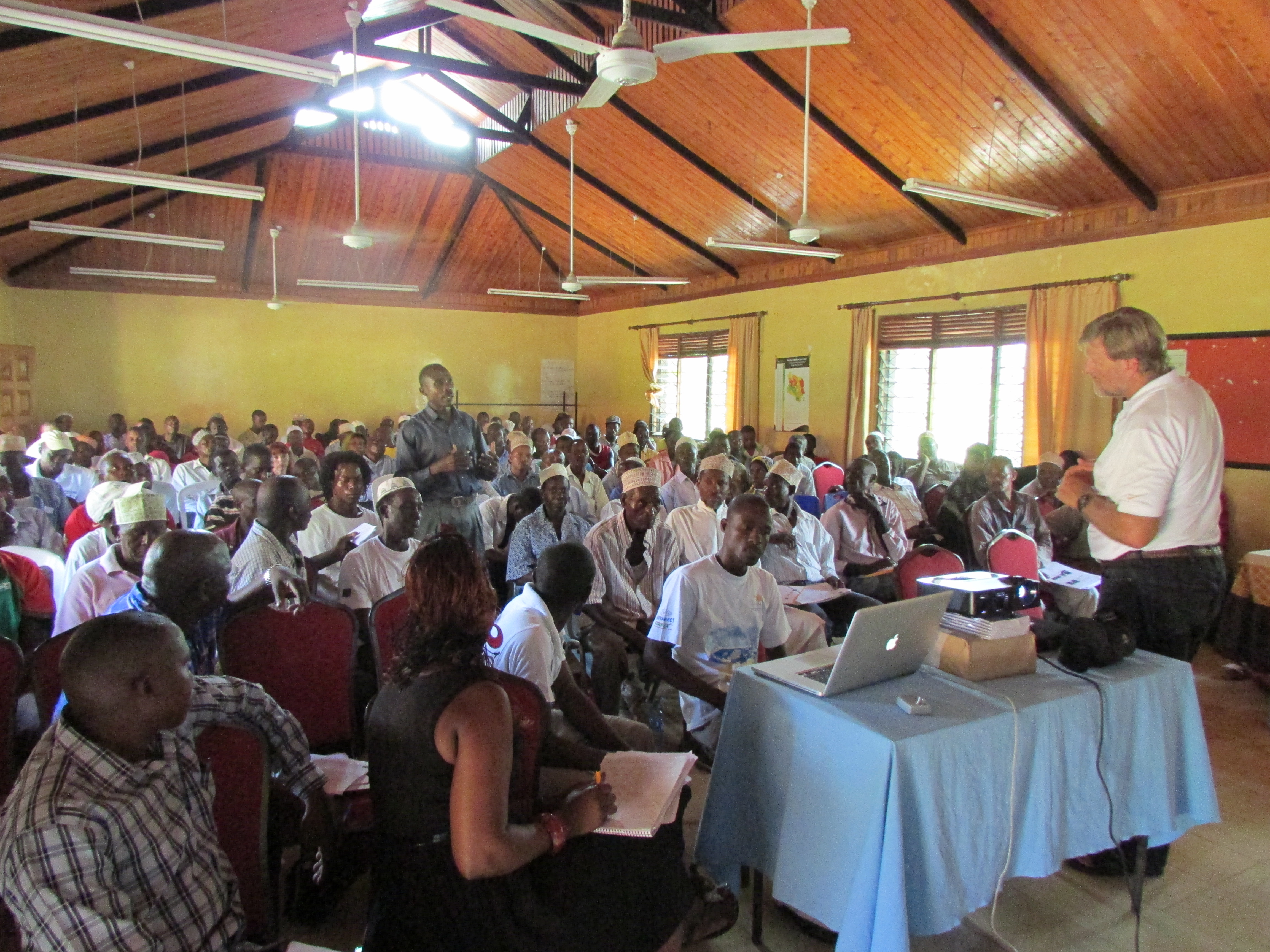
Diani Fishers Forum
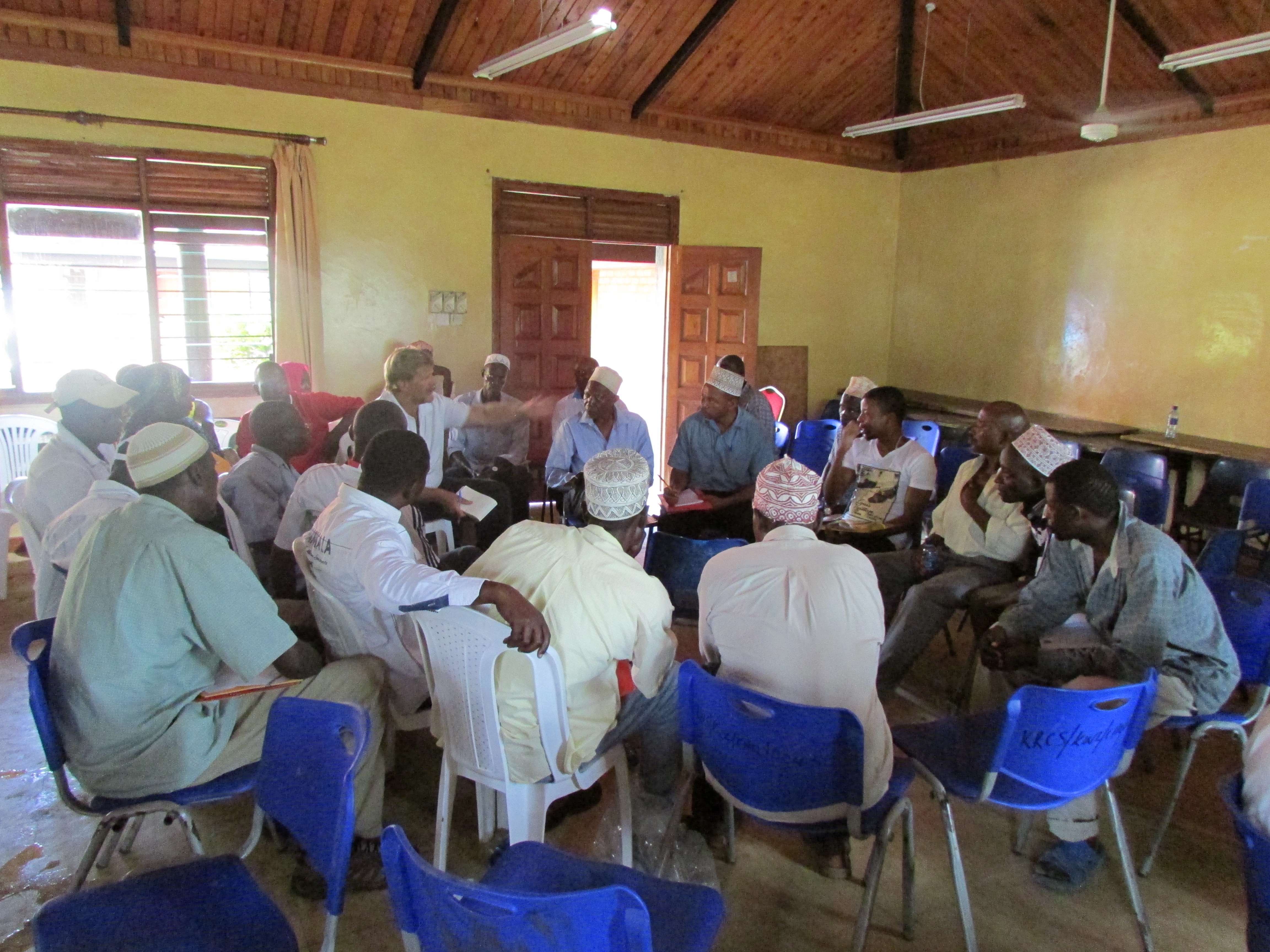
Fishers Forum Meeting
Project Backers
- 19Backers
- 9%Funded
- $839Total Donations
- $33.11Average Donation

